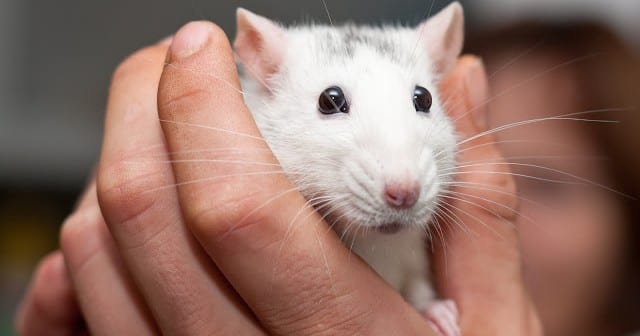With the release of the undercover videos by the Center for Medical Progress (CMP), many people, both Pro-Life and so-called “pro-choice,” have questions about the business practices of America’s largest abortion provider, Planned Parenthood.
The videos show some of Planned Parenthood’s top staff discussing compensation for the procurement of fetal body parts (Lamborghini, anyone?), altering abortions in order to harvest valuable organs intact, joking about “war torn” dismembered babies, and even alluding to “intact fetal cadavers.” The latest shocking video records a former StemExpress technician, Holly O’Donnell, discussing how organs were harvested without the consent of mothers undergoing abortions, which contradicts Planned Parenthood’s carefully crafted PR in the wake of the scandal.
We already knew that PepsiCo and other major food conglomerates use companies like Senomyx in order to test flavors and experiment with additives using kidney cells from aborted babies. Children of God for Life has publicized the use of fetal cells taken from aborted babies used in the development of vaccines. Last week, Breitbart highlighted one of the other uses of fetal organs “donated” to scientific research: Organs of aborted babies are implanted into rats in order to experiment with growing organs for the possibility of transplant to children and even adults.
According to an article on Live Science, “The research shows that it is feasible to remove a kidney from an aborted human fetus, and implant the organ into a rat, where the kidney can grow to a larger size.” The experiments were published in a study coauthored by a Duke University medical student, Eugene Gu. Gu is the founder and CEO of Ganogen, Inc., a biotech company in California. Once the rats were implanted with human kidneys from aborted babies, researchers surgically removed the rats’ own kidneys a month later. With only implanted human kidneys, the rats lived for an average a four months, and one rat managed to live for ten months.
Live Science reports that “in the new study, Gu and his colleagues obtained human fetal kidneys from StemExpress, a Placerville, California-based company that supplies researchers with tissue from deceased adults and fetuses.” The videos from CMP have brought public awareness to the relationship of StemExpress to Planned Parenthood.
The report on Gu’s study acknowledges that “the research raises a number of ethical questions” but glosses over the problems with “fetal tissue donation.” Live Science interviewed a legal expert who affirmed that the key legal issue is the woman’s consent and the separation of her decision to commit the abortion and donate the fetal organs. Live Science quotes Cate Dyer, founder of StemExpress, who claims that all donors are fully informed about the possible uses of the baby organs they are donating. Live Science notes that this “includes being told that the tissue could be transplanted into animals.”
According to O’Donnell’s interviews with CMP, however, this kind of informed consent is far from standard practice with StemExpress. O’Donnell even states of the “donations,” “These mother’s don’t know. There’s no way they would know.” Also, the question arises for many people of how many mothers would willingly consent to the possibility of their child’s organs being implanted into rodents and pigs for experimentation.
Furthermore, while there is concern for the mother’s consent, the issue of the actual organ donor’s consent is never addressed: The child being dismembered in the mother’s womb cannot give consent. Whether and how the bodies of children lost to miscarriage or those who are stillborn can be used in medical research is a separate issue that requires careful consideration.
Gu acknowledges to Live Science that the issue of abortion makes this kind of “research” difficult, because many people object to abortion in the first place. His solution? Perhaps, he says, the practice will seem “more palatable” if the organs of aborted babies grown in rodents and pigs can only be transplanted into infants and children.
While the goal of treating infants and children who would benefit from an organ transplant is admirable, the means Gu suggests are unquestionably wrong. A society that arbitrarily kills one child and grows his organs in a rat in order to save another child cannot be called just.


